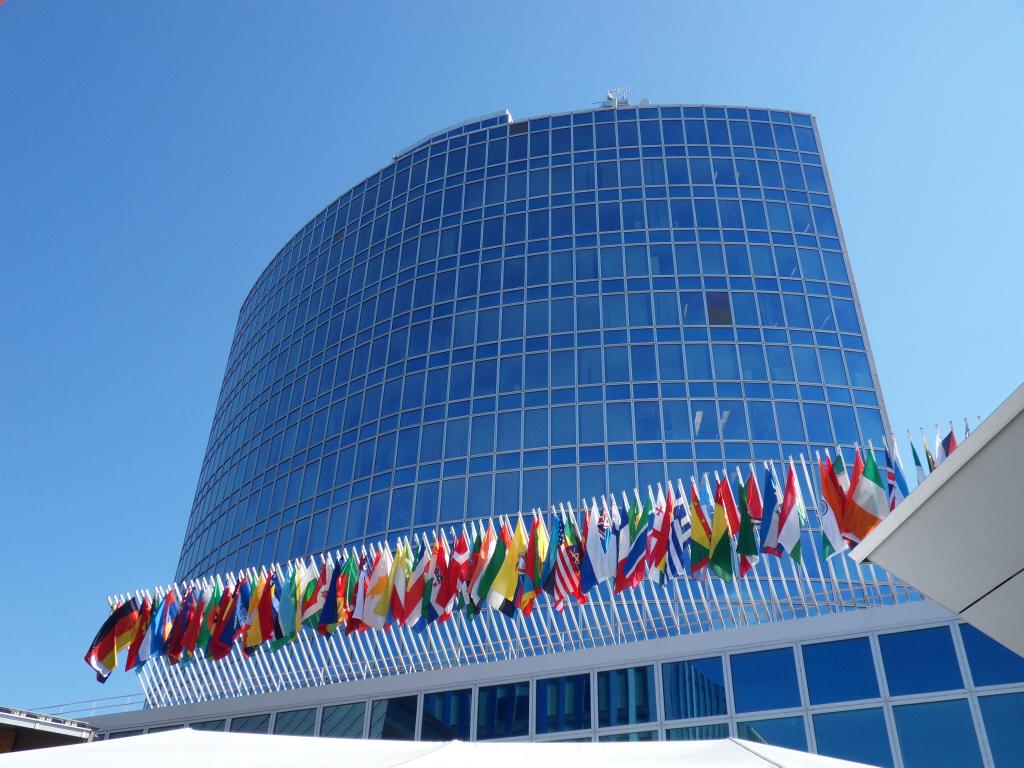



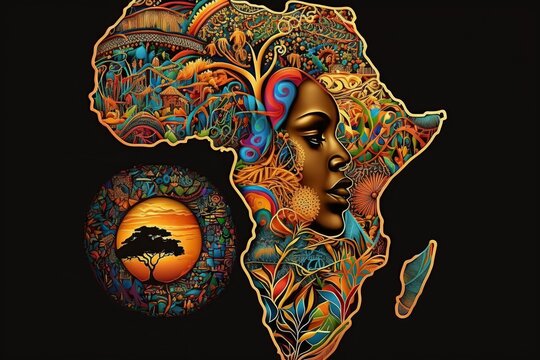
Africa’s soil is rich, not only with gold and oil but with something even more valuable life itself. Beneath its forests, rivers, and savannahs lie treasures that cannot be measured in carats or barrels. From the shea trees of Ghana to the baobab of Senegal, from the rooibos shrubs of South Africa to the medicinal roots of Kenya, our continent holds a living wealth that heals, feeds, and sustains. For centuries, African communities have been the guardians of this wealth. Grandmothers taught their granddaughters how to use shea butter to protect the skin. Healers passed on the secrets of medicinal plants that cured illnesses long before modern pharmaceuticals existed. Farmers preserved seeds and techniques, ensuring that food grew even in difficult times.
This is more than knowledge it is culture, memory, and identity woven together. Yet in the shadows, something dangerous has been happening: Africa’s heritage is being stolen. Quietly, without fanfare, multinational companies and researchers from abroad have been taking Africa’s plants and traditional wisdom, transforming them into billion-dollar industries, and claiming ownership through patents. Shea butter creams line luxury shop windows in Paris. Neem-based medicines are sold in Europe. Rooibos tea fills supermarket shelves worldwide. Pharmaceutical giants extract compounds from African plants and market them globally. But the communities who nurtured this knowledge, who preserved these resources for centuries, are left with nothing. No credit. No compensation. Not even acknowledgment. This silent robbery has a name. This is called BIOPIRACY
Biopiracy is not a theory it is a painful reality. When a U.S. company once patented the neem tree, they acted as though they had discovered something new, ignoring the fact that Indians and Africans had used neem for medicine and agriculture for generations. In South Africa, the indigenous San people long used the hoodia cactus to suppress hunger on long hunts. When researchers turned it into a weight-loss product worth millions, the San were initially excluded from any share of the profits.
In Ghana, women have preserved the use of shea butter for centuries, yet today the global cosmetics industry makes billions from it while the women at the source earn pennies. These are not accidents; they are patterns. They show how the world has treated Africa’s heritage as “free for the taking. “At last, the world is beginning to respond. In 2024, the World Intellectual Property Organization (WIPO) introduced a ground-breaking treaty on Intellectual Property, Genetic Resources, and Traditional Knowledge. For the first time in history, this treaty demands accountability. It requires anyone applying for a patent based on genetic resources or traditional knowledge to disclose the origin to reveal where the resource came from and whose knowledge was used. In other words, if a pharmaceutical company develops a drug from a Ghanaian plant, they cannot pretend it was invented in a lab in New York. They must admit its source.
By Elsie Fafa Amelordzi
It sounds like a small step. Just a line in a patent application. Yet it is nothing short of revolutionary. For the first time, African heritage cannot simply be erased from the record of global innovation. Our plants, our seeds, our wisdom will no longer be invisible. Transparency is now the law. With this treaty, the voices of Africa’s ancestors echo in the halls of international law, demanding recognition. But here is the alarming truth: the treaty is not yet in force. It needs at least fifteen countries to ratify it before it becomes binding, and without Africa’s active participation, this chance could slip away. Even when it takes effect, it will not magically return the billions already lost. It will not, on its own, guarantee that communities are paid fairly. It is only a doorway a doorway that Africa must step through boldly, with strong national laws to back it up. The danger is real and urgent. Without action, Africa risks losing control over its heritage forever. Imagine a future where the healing properties of a Ghanaian root are patented abroad, making it illegal for us to use it without paying royalties. Imagine African farmers being forced to buy genetically modified seeds from foreign corporations, seeds that were originally taken from their own soil. Imagine traditional remedies, once freely available in our villages, locked up behind expensive price tags in Western pharmacies. This is not imagination it has already happened in parts of the world. If Africa does not rise now, it could happen here on a scale never seen before.
Africa must not sleep. Our governments must move quickly to ratify the treaty and to build national laws that go further laws that not only demand disclosure but also ensure fair benefit-sharing. Civil society must raise awareness so that ordinary citizens understand what is at stake. This is not an issue for lawyers alone; it touches every farmer, healer, and family that relies on Africa’s biodiversity. Universities and researchers must document traditional knowledge, creating databases that make it impossible for outsiders to claim it as their own. And most importantly, communities must be placed at the center of this struggle. They are not just sources of knowledge they are custodians, protectors, and innovators in their own right. The WIPO treaty is a lifeline, but a fragile one. It opens a door, but it is Africa that must walk through it and secure the lock. We cannot afford to be passive. Too much has already been taken. The story of biopiracy is not just about plants or patents is about power, justice, and dignity. Protecting Africa’s heritage is not only about defending traditions of the past; it is about ensuring prosperity and independence for the future.
If we lose this battle, we lose more than resources. We lose our voice in the story of global innovation. We lose the recognition of our ancestors’ wisdom. We lose the right to control our own destiny. But if we win if Africa unites, acts swiftly, and demands justice then this treaty could mark the beginning of a new era. An era where Africa is not the victim of exploitation but the guardian of its own treasures. An era where our heritage is protected, respected, and rewarded. The time to act is now. If we delay, we risk losing not just plants and traditions but the very story of who we are.
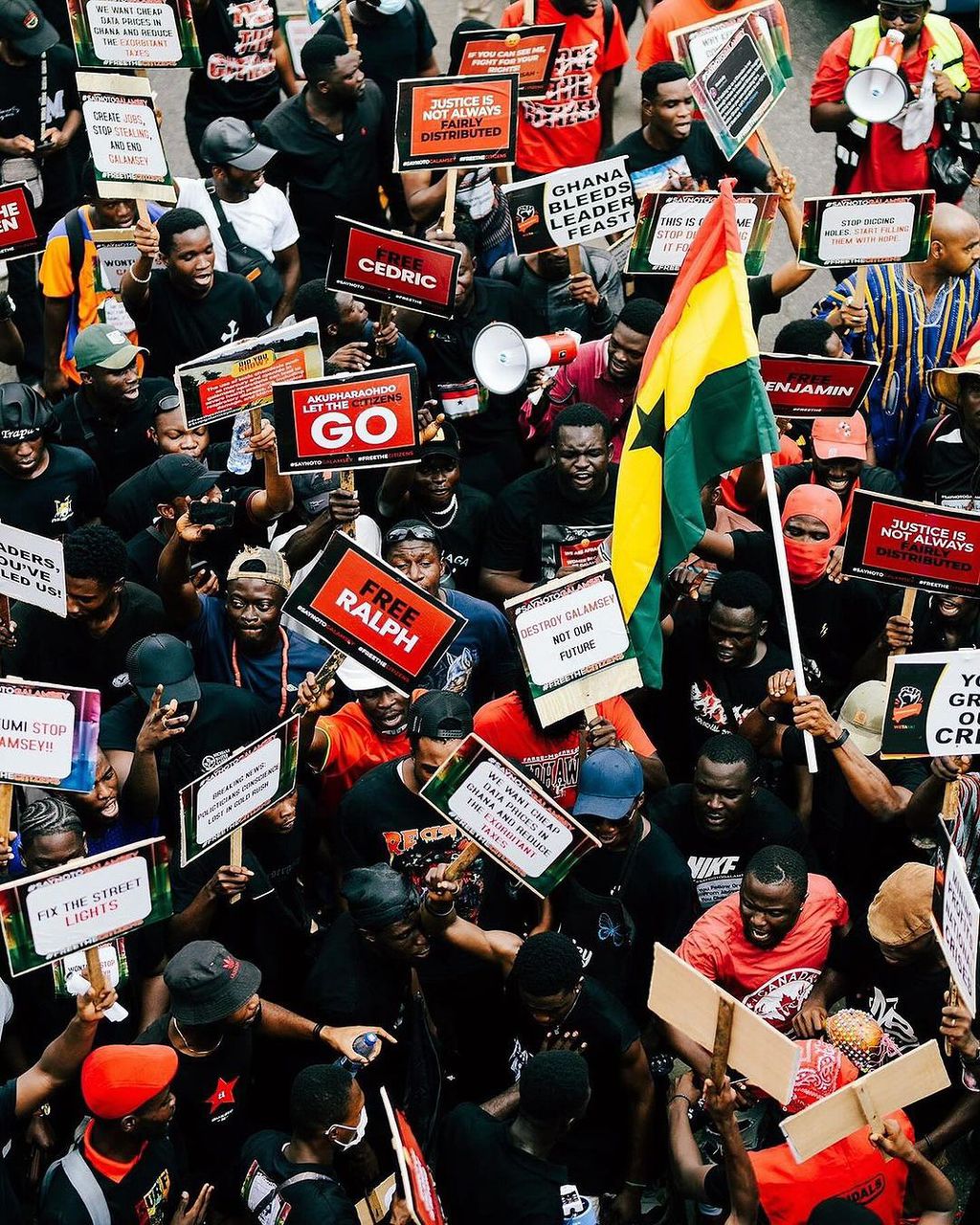
Article
April 15, 2025
FROM ARREST TO ADVOCACY
This paper contributes to the discourse on human rights protections within the AU framework....

Article
April 15, 2025
AN INTERVIEW WITH DOYIN PHILIP-LADIPO
Lead Creative and Communication Strategist at Templars...
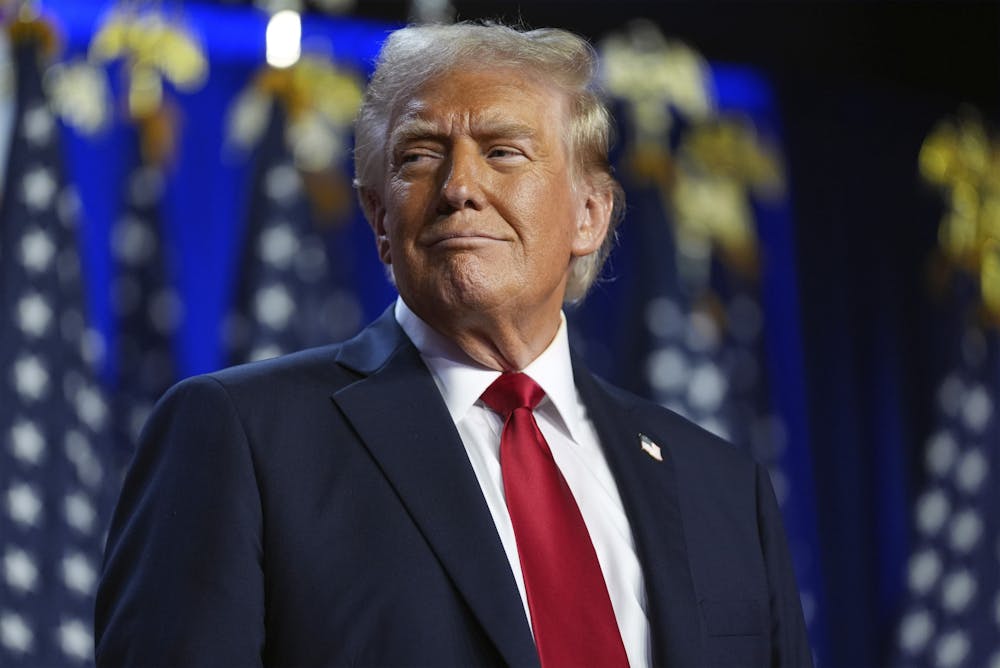
Article
April 15, 2025
Trump Weighs In as U.S. Supreme Court Upholds TikTok Ban Over National Security Concern
In a landmark decision on Friday, January 17, 2025, the Supreme Court of the United States upheld a ...